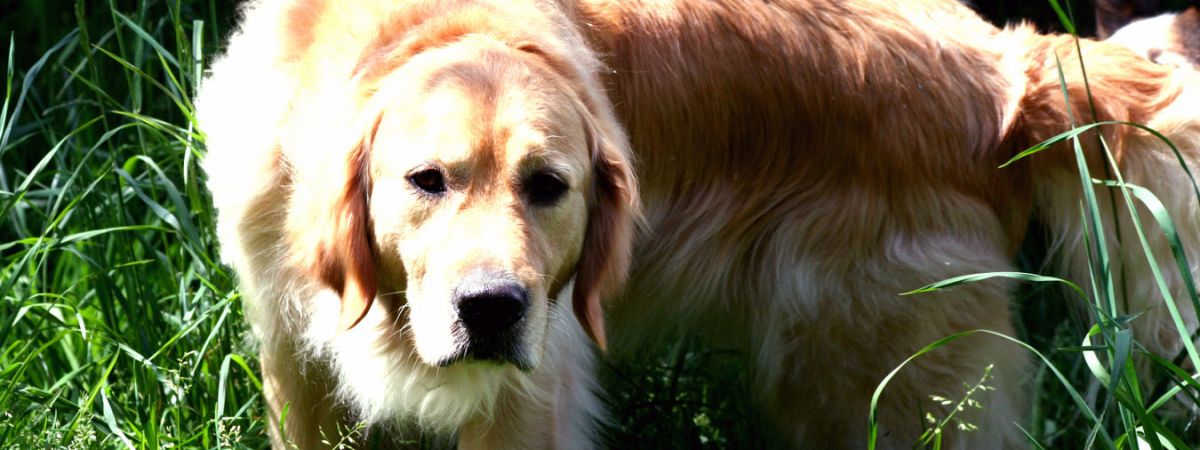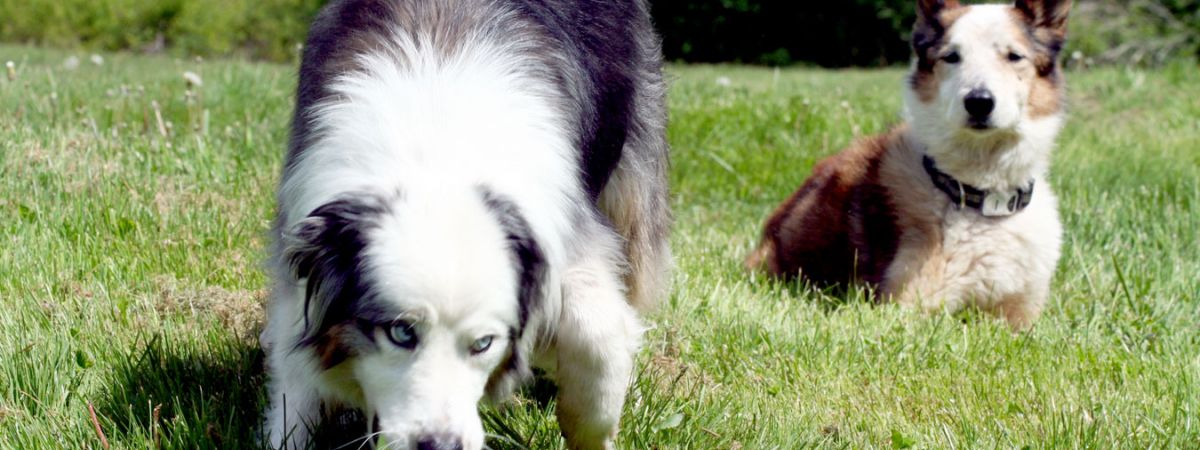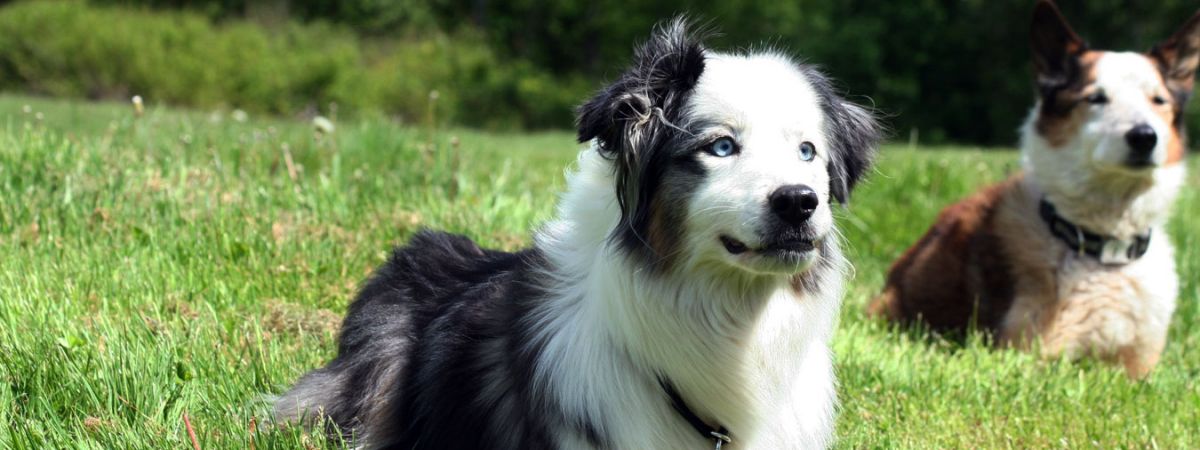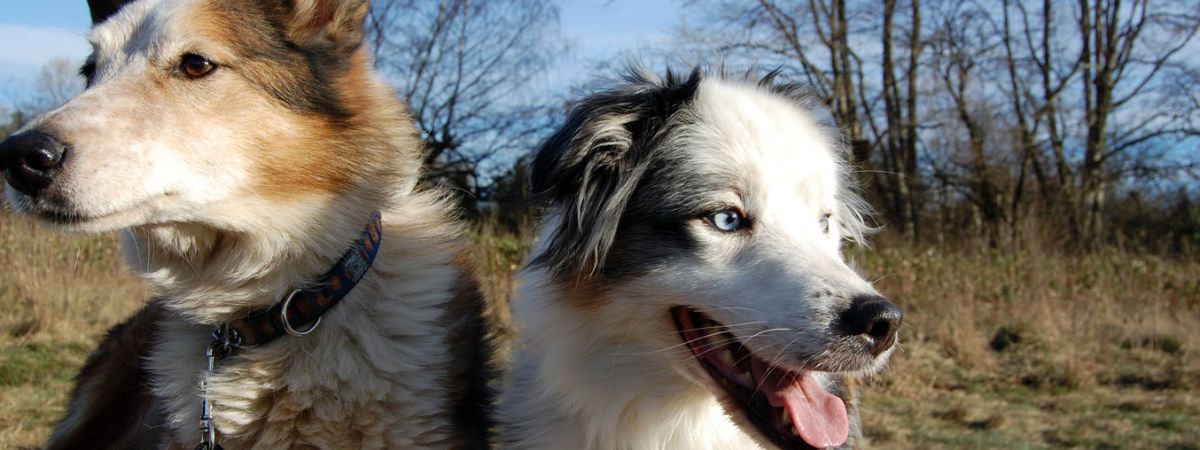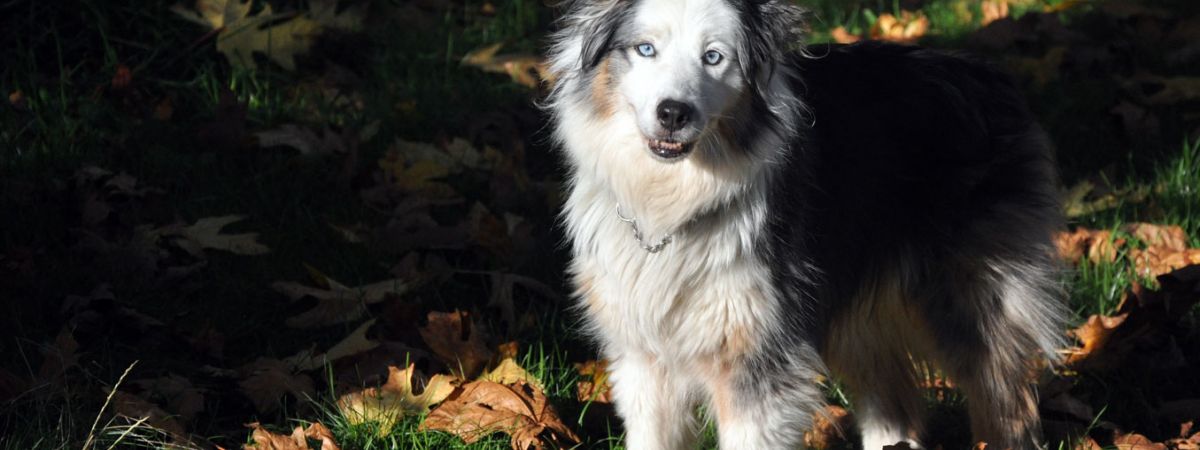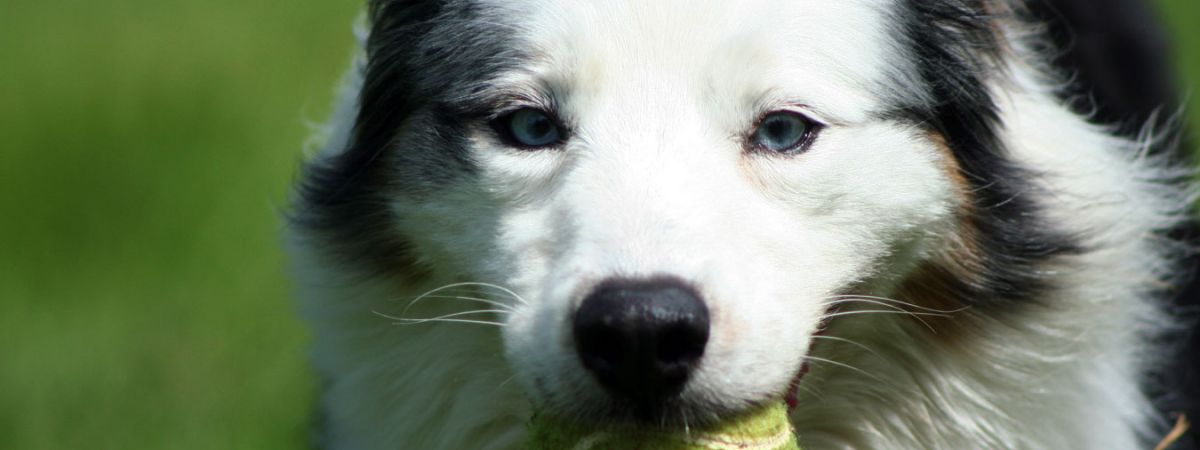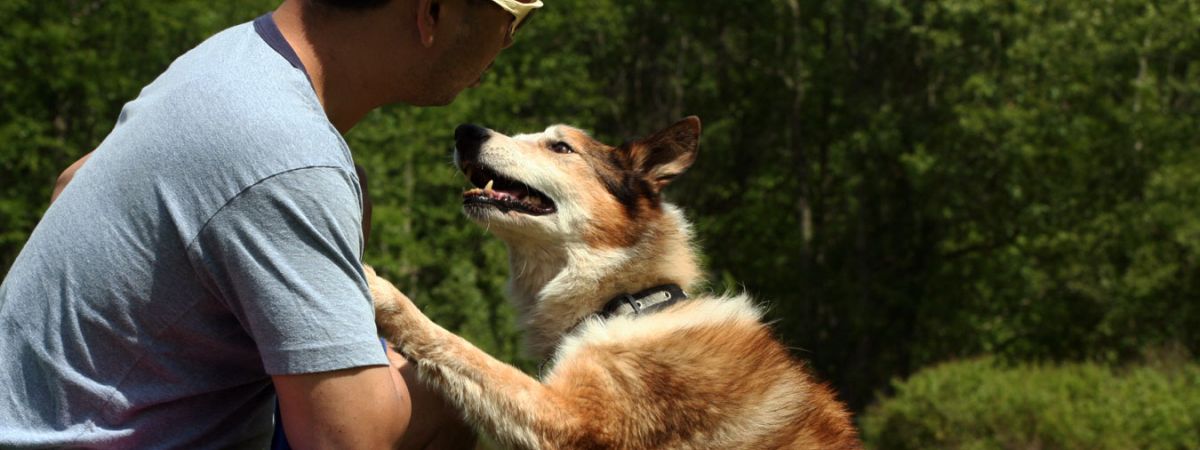Helping Your Dog or Puppy Adjust to a Change in Schedule
As the beginning of the school calendar draws near, many people’s schedules change. Those who work in schools, as well as parents, students and others, will have a much different schedule than during the lazy days of summer. Other times of year may also cause significant changes in schedule, such as a new job or other lifestyle adjustment.
A significant change in schedule can be a big adjustment for dogs or puppies. Some pets may develop separation anxiety from suddenly being home alone for longer periods of time. Others may experience housebreaking accidents, chewing problems, and more.
There are many steps you can take to train your dog or puppy to adjust. Following, is a list of things you can do ahead of time to help your dog adapt:
- Personally leash walk your dog to a designated area to do his business. This will help your dog to quickly identify when it’s time to “go”, and will provide your pet with some attention and exercise. For a complete guide to teaching your dog to use a designated bathroom area, check out the book "Everything You Need to Know About House Training Puppies & Adult Dogs".
- If your dog has had very frequent access to go outside, cut down on that freedom little by little in advance. This will help your dog or puppy to build up the needed muscle control to last for longer periods of time between walks without housebreaking accidents.
- Teach your dog or puppy to sometimes be independent from you. Discourage him from following you around constantly like a shadow. Instead, train your dog to remain in a down/stay position while you move freely around your home. This may keep separation anxiety problems from developing.
- Leave your dog or puppy home alone for periods of time starting now. Optimally, you’ll want to gradually build up to the full time you’ll be out with your new schedule.
- Don’t make a big deal about leaving or returning home. If you act apologetic about leaving, it can make your dog more anxious. Instead, act as if your coming and going is perfectly normal (which it is).
- Use your dog’s crate. Particularly if you have a puppy or an adult dog who sometimes chews or gets into mischief. If your dog damages things while you’re out, such behaviours are far more likely to become habits.Crate training is for your dog’s safety, your furnishing’s safety, and your own peace of mind. More info on crates, recommended ones, and great prices.
- Practice obedience commands with your pet. By providing leadership, your dog is likely to be a much more well-adjusted pet who adapts well to your household’s lifestyle.
By following the tips outlined above, you should be able to prevent problems from developing. Be sure to click on the highlighted links throughout this article to read additional Free Dog Training Info articles. If you need additional help, consider contacting an educated, knowledgeable dog trainer.

